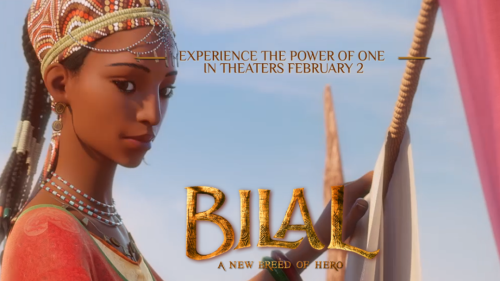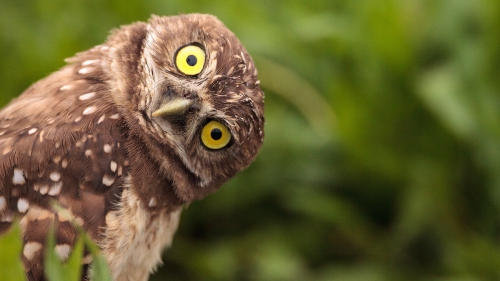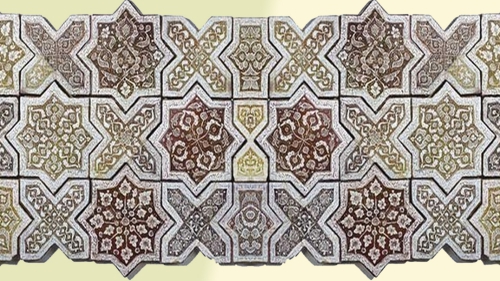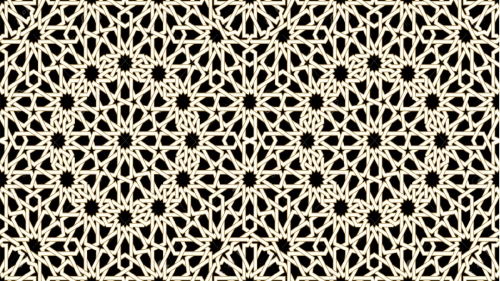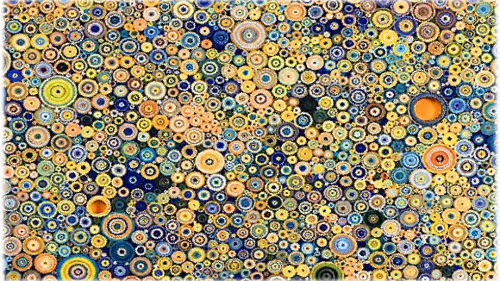Disney needs to be taught a lesson
Zip-a-dee Doo-da, Zip-a-dee Ay
My, oh my, what a wonderful day
Plenty of sunshine heading my way
Zip-a-dee Doo-da, Zip-a-dee Ay
These words are taken from a song included in the 1946 Disney animated film, "Song of the South." This tune has been a light-hearted children's favorite for years. It speaks of optimism and the beauty of nature and has an infectious melody that challenges the listener not to smile and hum along.
But despite the good-natured tone of this song, the movie itself has been criticized by African-Americans for its grossly stereotypical portrayal of black speech and mannerisms. There are several scenes in the film which beg explanation concerning the genesis of the characters involved. From the almost minstrel cackling of the black crows to the mere presence of a "tar-baby" (a term used pejoratively towards blacks), "Song of the South" is laced with offensive imagery.
But this should have come as no surprise to blacks in 1946. After all, overt racism was alive and well back then. And Walt Disney was no stranger to using his seemingly harmless cartoons to put forth either veiled societal propaganda or to spin public opinion. Only a few years prior to the release of "Song of the South," Disney was on board with the U.S. government's propaganda war against Nazi Germany. One poster from that period shows the famous Disney character of Donald Duck throwing a tomato in the eye of a caricaturized Adolph Hitler.
What this says about Disney, is that as an organization, it has never shied from mixing politics and entertainment, nor has it shied from playing upon irrational fears in its cartoon portrayal of ethnic characters. But more importantly, Disney has never learned its lesson with reference to racially or ethnically offensive material; it simply moves from one group of people to another, mixing stereotyping and political spin-doctoring to create characters and stories that no doubt leave an indelible impression on American youth.
Most recently, Arabs and Muslims have been the ethnic group of choice for Disney. Movies such as "Aladdin" cast Arabs and Muslims in an inaccurate and unflattering light.
And continuing its history of dabbling in political issues, Disney has succeeded in offending most of the planet's Arab and Muslim population over a soon-to-be unveiled Epcot Center exhibit that is expected to suggest that Jerusalem is the capital of Israel.
But given Disney's history, it should come as no surprise that Disney would choose Arabs and Muslims as its ethnicity of choice and that it would use its universal entertainment appeal to spin public opinion on the contentious issues of Middle East politics. After all, Arabs and Muslims have become the scapegoats of the late 20th century.
Of course Disney has grown considerably since the 1940s. Now it not only makes cartoons, but it dabbles on the Internet, owns a television network and even has its own private island in the Bahamas.
What this says about Disney is that it pays close attention to money. And while this corporate giant has failed to heed the pleadings of special interest groups in the past, it surely pays attention to fluctuations in its cash flow. Money talks.
Therefore it is entirely appropriate and strategic for Muslims and Arabs and other concerned parties to boycott the Magic Kingdom. If Disney can't understand civil discourse, then maybe it will understand and respond to financial loss.
Do Muslims and Arabs really need to watch the mindless drivel served up day after day on ABC? No. Do Muslims and Arabs really need to buy yet another assembly line Disney feature film for their children? No. (Not to mention, these are laced with sexual innuendo and other offensive material children could do without) Do Muslims and Arabs really need to use Infoseek for their Internet searching requirements? No, Yahoo, Alta Vista or some other portal should suffice.
Indeed Muslims and Arabs don't need what Disney is serving. And if groups such as the Arab League and individuals such as Walid bin Talal (the Saudi prince who owns a large stake in Euro-Disney) would show more backbone and put their money where their mouths are, then maybe Disney would learn a lesson or two, and maybe the world would recognize that Muslims and Arabs are not to be disregarded.
Ali Asadullah is the Editor of iviews.com









